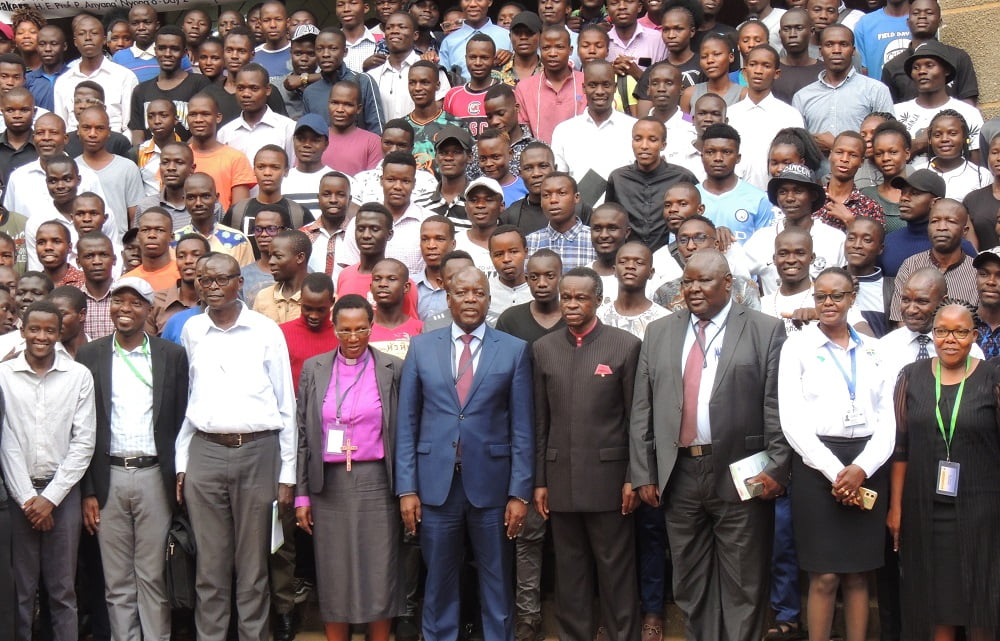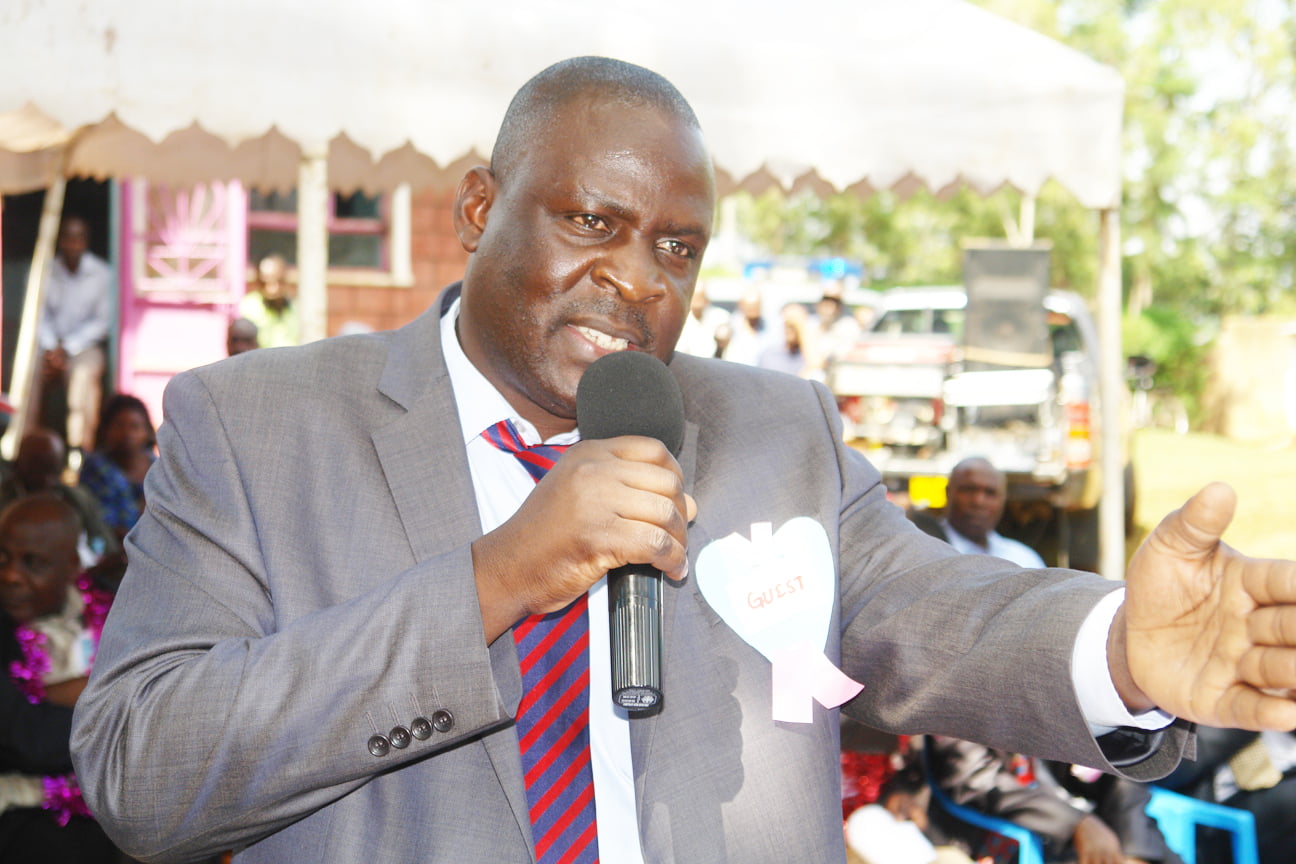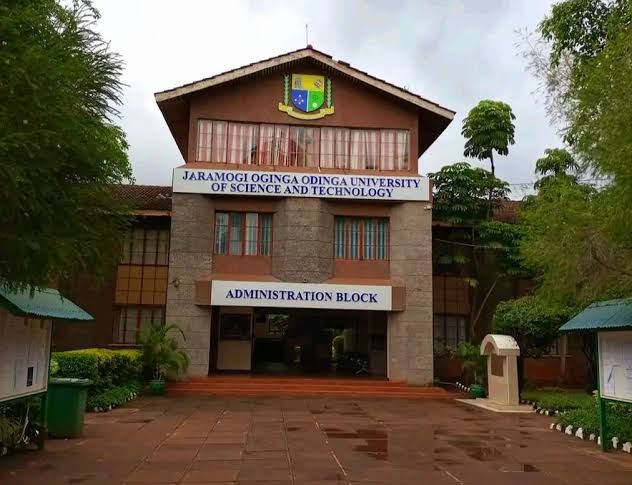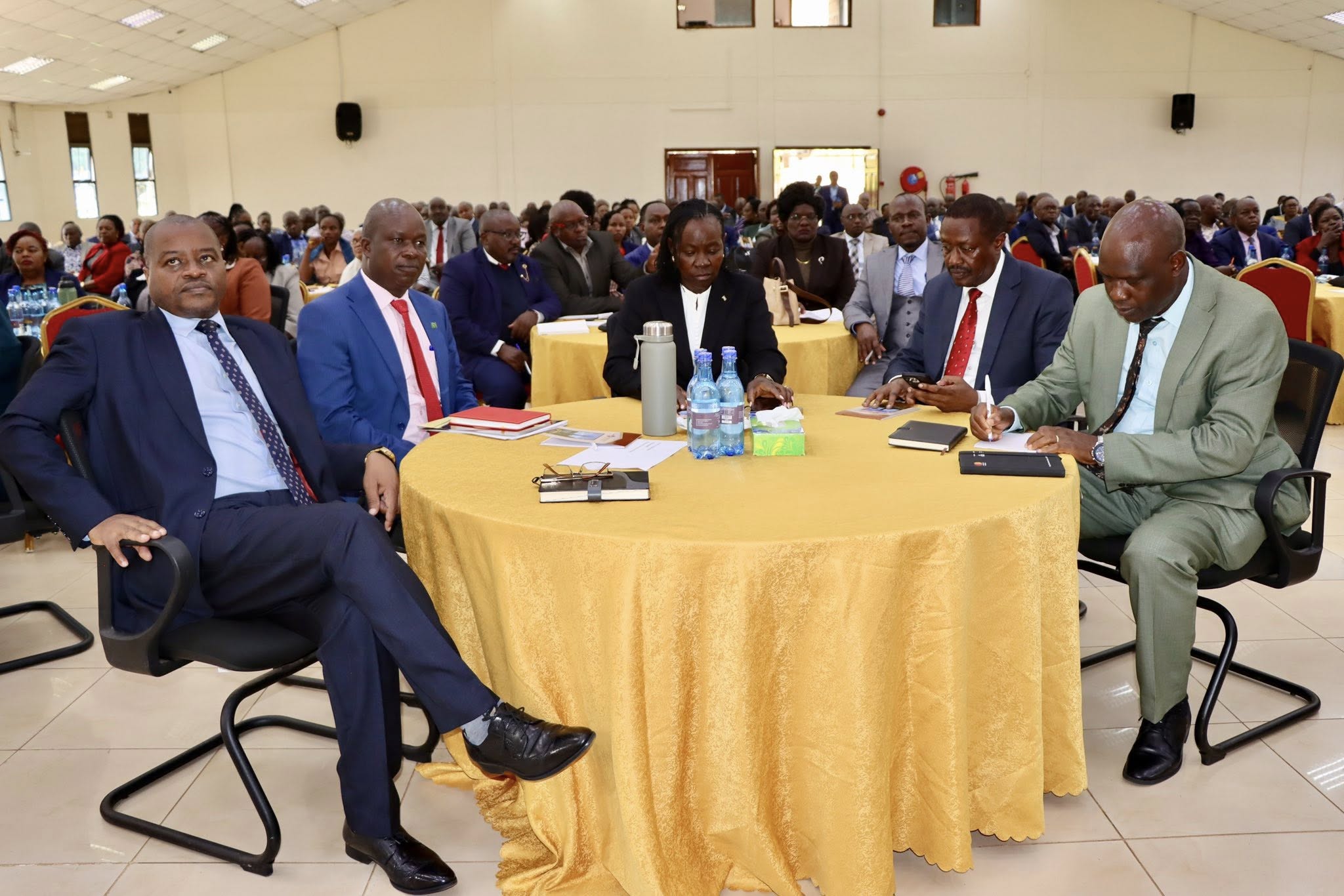By Erick Nyayiera
Education stakeholders have been asked to rethink their strategies and the roles they play to instill discipline among learners, especially churches that sponsor schools.
The pertinent concerns were raised by Professor Henry Onderi and Dr. Ruth Otienoh of the Jaramogi Oginga Odinga University of Science and Technology (JOOUST), who appealed to sponsoring churches to help tame the wanton indiscipline bedeviling Kenyan schools.
“The church needs to be more conspicuous in schools for learner character formation and development and inculcation of moral values, which will resultantly yield learner discipline,” they stated.
The two made a presentation during the ‘1st International Ecclesiastical Academic Conference’ themed ‘The church and culture in the diversified 21st Century Society; Challenges and Opportunities’. It was organized by the Anglican Church of Kenya, Bondo Diocese, in collaboration with JOOUST at the university’s main campus in Bondo town.
They observed that most schools in Kenya were founded by various religious organizations; hence church sponsorship plays an important role in the management of schools.
“Kenya’s Basic Education Act (2013) empowers church sponsors to participate in the management of basic education institutions. The role of the sponsor is outlined as to participate and make recommendations of syllabus review, curriculum, books and other teaching and learning resources,” they noted.
The sponsors are also represented in the Boards of Management (BoM) to provide supervisory and advisory services along spiritual development lines, including the appointment of chaplains at their own expense while safeguarding the religious faith of others.
They offer financial and infrastructural support as well as a cardinal responsibility to schools.
“The Act further gives the church sponsors the powers to participate in the management of learner discipline, character formation and the inculcation of moral values towards the achievement of the national goals of education,” the dons stated.
The duo challenged the church to consider enhancing guidance and counseling programmes, regretting that in recent times, basic institutions in Kenya have witnessed rampant unrest despite their presence.
“Despite the role of the church sponsors being clearly spelt out in the Act, particularly in relation to learner discipline, unrest is escalating unabated,” they lamented.
Rev. Dr. Marcellus Kawasonga of Maseno University on his part, while assessing the church and the state roles in holistic education in Kenya since independence, observed that negotiations in educational policy formulations between the church and the state have so far yielded no tangible result as educational development still remained ambivalent.
“Prior to independence, the role of the church in education was clearly stipulated. The approval and acceptance of the Beacher Report of 1949 envisaged that the great majority of African schools will be managed by churches. Each denomination was entrusted the responsibility of managing schools semi-autonomously until independence, which greatly bore fruit,” stated Kawasonga, saying post-independent arrangements became weaker as time went by.






